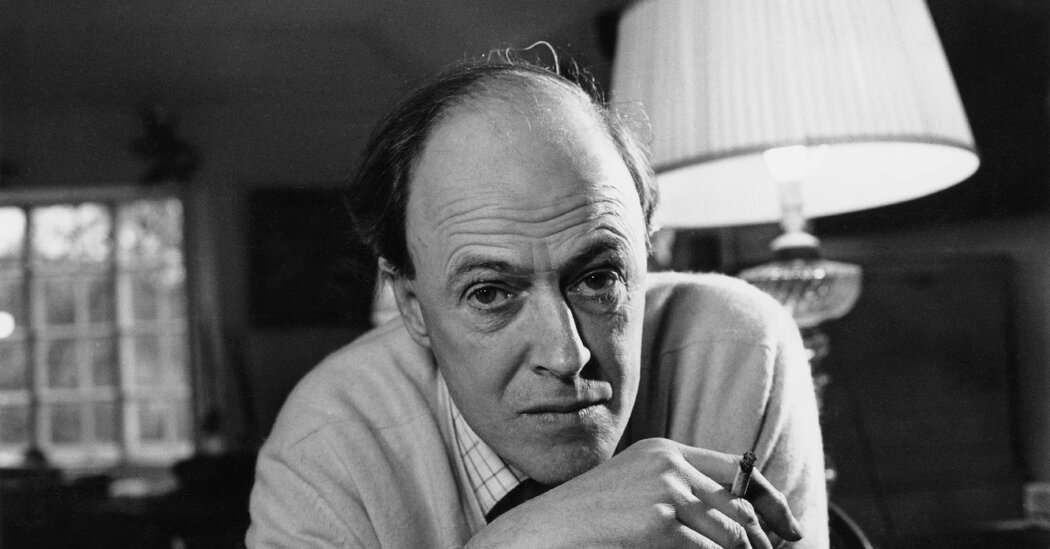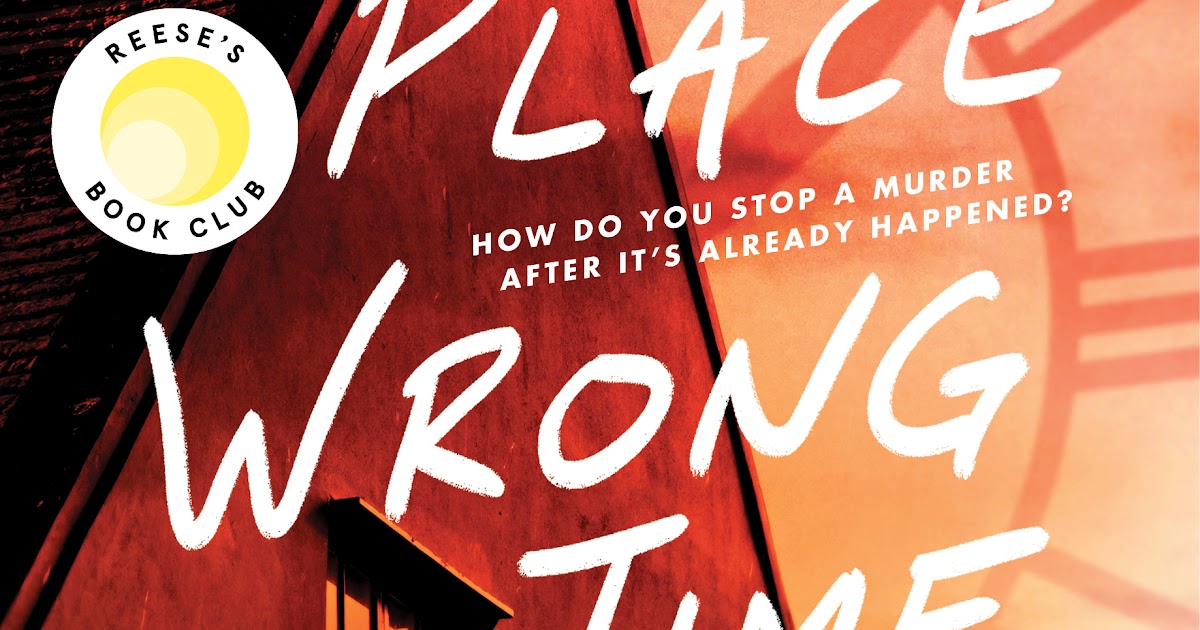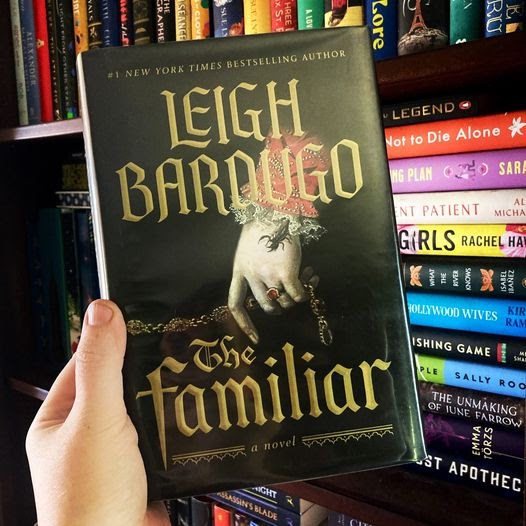LONDON — New editions of the works of Roald Dahl — the best-selling British novelist whose children’s classics include “Charlie and the Chocolate Factory,” “Matilda” and “James and the Giant Peach” — have been rewritten in an effort to make them less offensive and more inclusive, according to a representative from the author’s estate.
The changes have prompted widespread criticism from prominent literary figures and others, including Prime Minister Rishi Sunak of Britain. The books’ publisher, Puffin Books, and the author’s estate did not immediately respond to questions about the nature of the changes. However, The Telegraph, a British newspaper, earlier reported that hundreds of words, including descriptions of characters’ appearances, races and genders, had been changed or removed in at least 10 of the author’s 19 children’s books.
Dahl died in 1990. A review of the author’s works began in 2020, before Netflix acquired the Roald Dahl Story Company, which manages the author’s copyrights and trademarks, Rick Behari, a company spokesman, said in a statement on Monday.
“When publishing new print runs of books written years ago, it’s not unusual to review the language used alongside updating other details including a book’s cover and page layout,” Mr. Behari said, adding that the efforts were led together with Puffin. “Our guiding principle throughout has been to maintain the story lines, characters, and the irreverence and sharp-edged spirit of the original text.”
Changes reported by The Telegraph include characters who are no longer described as “fat” and references to “mothers” and “fathers” that have been updated to “parents” or “family.”
Mr. Behari said that the estate had partnered with Inclusive Minds, an organization that champions diversity and accessibility in children’s literature. In a statement on Monday, the group declined to discuss the Dahl project specifically. While noting that it did not “write, edit or rewrite texts,” the group said that it had helped “provide valuable input when it comes to reviewing language that can be damaging and perpetuate harmful stereotypes.”
Dahl, who was overtly anti-Semitic, was no stranger to criticism, as his works were called antisocial, brutish and anti-feminist. But they remain widely read and are regularly reimagined for the silver screen. “Charlie and the Chocolate Factory” has twice been turned into films, in 1971 and 2005, and another adaptation, starring Timothée Chalamet, is set to be released this year.
Criticism of the changes was swift.
“There are millions, probably, of his books in secondhand editions in school libraries and classrooms,” Philip Pullman, author of the “His Dark Materials” trilogy, told the BBC on Monday. “What are you going to do about them? All those words are still there. You going to round up all the books and cross them out with a big black pen?”
A spokesman for Mr. Sunak, referencing a work by Dahl, told the BBC, “When it comes to our rich and varied literary heritage, the prime minister agrees with the BFG that we shouldn’t gobblefunk around with words.”
And Salman Rushdie, the prizewinning author of “Midnight’s Children” and “The Satanic Verses,” called the changes “absurd censorship.”
Suzanne Nossel, chief executive of Pen America, an organization that supports freedom of expression, said on Twitter that the organization was “alarmed” by the changes and that selective editing could “represent a dangerous new weapon.”
“Those who might cheer specific edits to Dahl’s work should consider how the power to rewrite books might be used in the hands of those who do not share their values and sensibilities,” she said.
Matthew Dennison, who wrote a biography of Dahl, said by email on Monday that the author was known to have fractious relationships with his editors and disliked anyone tampering with his work.
Dahl often focused on individual words or particular expressions when editing, Mr. Dennison said, and “continued to use elements of the interwar slang of his childhood, and aspects of his vocabulary up to his death.”
Dahl always resisted unnecessary sanitizing, Mr. Dennison said, noting that the author would recognize that alterations to his novels, brought on by the political climate, reflected adult sensibilities rather than children’s misgivings.
“I never get any protests from children,” Mr. Dahl once said. “All you get are giggles of mirth and squirms of delight. I know what children like.”



